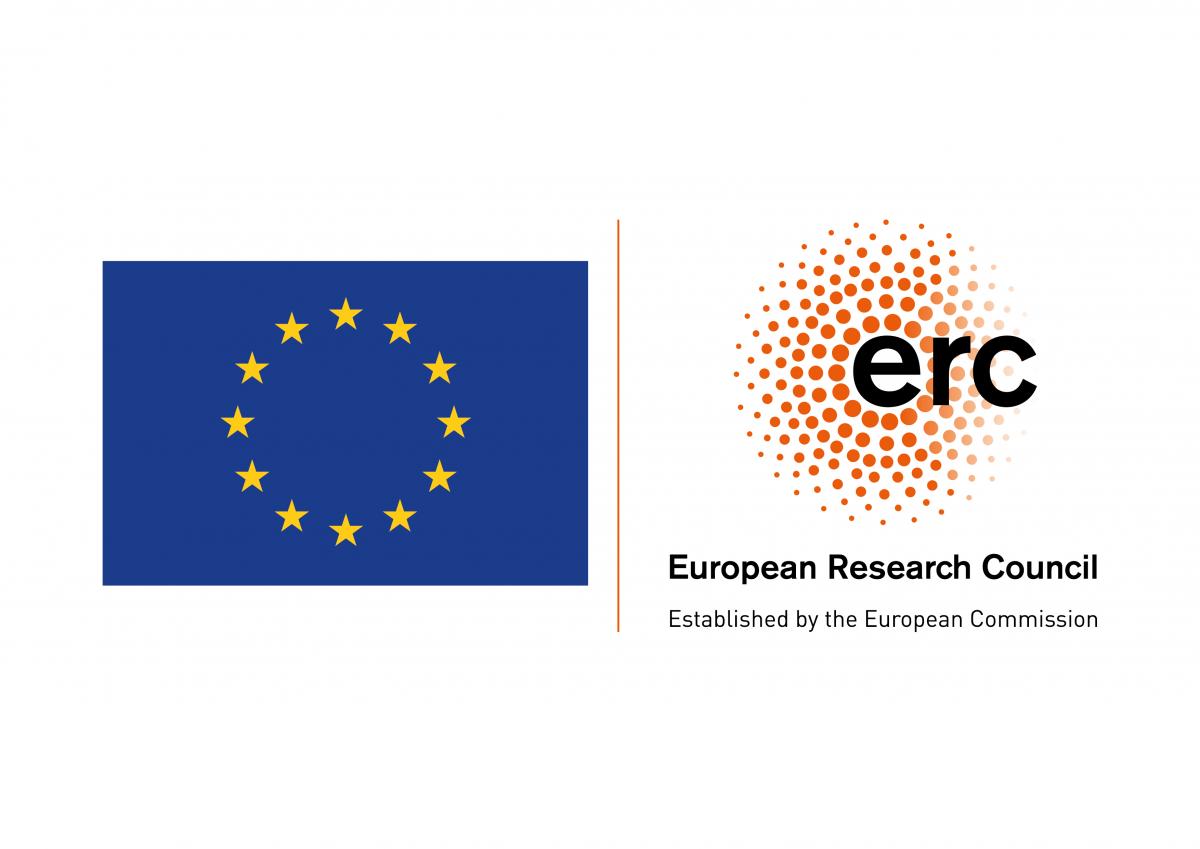The project is funded by the European Research Council Consolidator, Horizon 2020 from 2019 – 2022
Late Pleistocene/early Holocene Europe is said to be the ideal laboratory for the investigation of human responses to rapidly changing climates and environments, migration, and adaptation. Yet, pinpointing precisely how and why contemporaneous Final Palaeolithic/earliest Mesolithic (15,000-11,000 years BP) foragers migrated, and which environmental or other factors they adapted to – or failed to – has remained remarkably elusive. At the core of CLIOARCH is the radical but, in light of research-historical insights, necessary hypothesis that the current archaeological cultural taxonomy for this iconic period of European prehistory is epistemologically flawed and that operationalisations and interpretations based on this traditional taxonomy – especially those that seek to relate observed changes in material culture and land-use to contemporaneous climatic and environmental changes – are therefore problematic. Hence, novel approaches to crafting the taxonomic building blocks are required, as are novel analyses of human-environment relations in this period. CLIOARCH’s premier ambition is to provide operational cultural taxonomies for the Final Palaeolithic/ earliest Mesolithic of Europe and to couple these with interdisciplinary cultural evolutionary, quantitative ecological methods and field archaeological investigations beyond the state-of-the-art, so as to better capture such adaptations – almost certainly with major implications for the standard culture-historical narrative relating to this period. In so doing, the project will pioneer a fully transparent and replicable – and eminently transferable – methodology for the study of the impacts of climate change and extreme environmental events in deep history. In turn, such a quantitative understanding of past adaptive dynamics will position archaeology more centrally in contemporary debates about climate change, environmental catastrophe and their cultural dimensions.
Through five linked work packages (WPs), the project will explore the application of new technologies and techniques borrowed from ecoinformatics in order to better understand human adaptations to past climate change and events (Fig. 1). BIOCHANGE Director Jens-Christian Svenning is involved in the project as senior advisor and co-supervisor of one of its PhD students. Indeed, BIOCHANGE is this exciting project’s natural second home! This grant will contribute to theme [3] Ecoinformatics and New Technologies and theme [4] Interdisciplinary Innovation of BIOCHANGE.
CLIOARCH is funded by the European Research Council through Consolidator Grant grant agreement 817564 under the Horizon 2020 research and innovation programme with 1,907,638 EUR and will run from 2019-2022.

